LONDON, UK: The concept of regrowing teeth is considered somewhat of a holy grail in dentistry. Though most reptiles and fish have multiple sets of teeth throughout their lifetimes, most mammals only have one set of replacement teeth—and sometimes not even that. A new analysis of mouse tooth development has shed new light on why this tooth regeneration happens, and the findings may be relevant to the future of human tooth replacement.
Prof. Abigail Tucker, Dean for Research at the Faculty of Dentistry, Oral and Craniofacial Sciences at King’s College London, and Elena Popa, a doctoral candidate at the Centre for Craniofacial and Regenerative Biology in the Division of Craniofacial Development and Stem Cell Biology at King’s, conducted a molecular analysis of mouse tooth development to better understand why they only have a single set of teeth with no replacement.
The researchers were able to pinpoint why mice do not generate replacement teeth by comparing the gene expression in the dental laminae of mice with those of minipigs, animals which are able to generate a replacement set of teeth.
By studying Wnt signalling, which is known to be required for tooth replacement in other vertebrates, the researchers were able to show that Wnt activity is absent in the rudimental successional dental laminae (RSDL) of mice. Though this structure initially forms in mice, it subsequently disappears, halting the generation of another set of teeth.
Using sophisticated genetic techniques, Tucker and Popa were able to activate Wnt signalling in the mice’s RSDL at certain stages of development. This revitalised the structure and consequently led to the formation of additional teeth. These results demonstrate the potential of RSDL as a source for replacement teeth in mice and provide an experimental system suitable for studying the mechanisms behind tooth regeneration.
“Why the potential for tooth replacement varies so much across vertebrates is an intriguing question,” said Popa. “Our results show that, although the mouse normally does not form a second replacement set of teeth, it still has the potential to do so given the right signals.”
In addition, the researchers found that culturing the RSDL in isolation stimulated its tooth-forming potential, suggesting that the first generation of teeth might prevent replacement teeth from developing.
“This is relevant to human tooth replacement, as structures similar to the RSDL have been identified next to the permanent teeth during development,” Tucker explained. “In normal development of our teeth, therefore, the second set or permanent tooth may inhibit the generation of a third set of teeth.”
The study, titled “Revitalising the rudimentary replacement dentition in the mouse”, was published in the February 2019 issue of Development and can be viewed here.
Tags:
JOHANNESBURG, South Africa: For many populations in rural Africa, data on uncompromised development and growth variation is lacking, and researchers ...
VANCOUVER, British Columbia, Canada/COLUMBUS, Ohio, U.S.: The composition of the oral microbiome is critically important in oral health and disease, but the...
SAN DIEGO, U.S.: Researchers have recently looked into the transparent dragonfish teeth in order to analyze their structure, composition, and mechanical ...
BERLIN, Germany: For certain animals, the loss of teeth does not always pose a problem: sharks and crocodiles have the ability to regrow their teeth ...
BURGOS, Spain: The Centro Nacional de Investigación sobre la Evolución Humana in Burgos in Spain has released a new open access dataset comprising 712 ...
SEATTLE, US: Murine models have been instrumental in studying tooth development; however, significant differences in tooth shape, number of cusps, and the ...
NEW YORK, U.S.: Throughout history, human exposure to various metals and its effects have been investigated numerous times. In a new study, scientists from ...
FAYETTEVILLE, Ark., U.S.: Food leaves permanent traces on teeth. Examining these marks—or microwear—a team of researchers has documented the effects of ...
SYDNEY, Australia: Research shows that facial attractiveness can significantly influence social decisions, including those related to dating, recruitment ...
LOS ANGELES, U.S.: Researchers have recently examined shed primary teeth of children living near the Exide Technologies plant in Verona, California. Two ...
Live webinar
Wed. 25 February 2026
8:00 pm EST (New York)
Live webinar
Tue. 3 March 2026
11:00 am EST (New York)
Dr. Omar Lugo Cirujano Maxilofacial
Live webinar
Tue. 3 March 2026
8:00 pm EST (New York)
Dr. Vasiliki Maseli DDS, MS, EdM
Live webinar
Wed. 4 March 2026
12:00 pm EST (New York)
Munther Sulieman LDS RCS (Eng) BDS (Lond) MSc PhD
Live webinar
Wed. 4 March 2026
1:00 pm EST (New York)
Live webinar
Fri. 6 March 2026
3:00 am EST (New York)
Live webinar
Tue. 10 March 2026
4:00 am EST (New York)
Assoc. Prof. Aaron Davis, Prof. Sarah Baker



 Austria / Österreich
Austria / Österreich
 Bosnia and Herzegovina / Босна и Херцеговина
Bosnia and Herzegovina / Босна и Херцеговина
 Bulgaria / България
Bulgaria / България
 Croatia / Hrvatska
Croatia / Hrvatska
 Czech Republic & Slovakia / Česká republika & Slovensko
Czech Republic & Slovakia / Česká republika & Slovensko
 France / France
France / France
 Germany / Deutschland
Germany / Deutschland
 Greece / ΕΛΛΑΔΑ
Greece / ΕΛΛΑΔΑ
 Hungary / Hungary
Hungary / Hungary
 Italy / Italia
Italy / Italia
 Netherlands / Nederland
Netherlands / Nederland
 Nordic / Nordic
Nordic / Nordic
 Poland / Polska
Poland / Polska
 Portugal / Portugal
Portugal / Portugal
 Romania & Moldova / România & Moldova
Romania & Moldova / România & Moldova
 Slovenia / Slovenija
Slovenia / Slovenija
 Serbia & Montenegro / Србија и Црна Гора
Serbia & Montenegro / Србија и Црна Гора
 Spain / España
Spain / España
 Switzerland / Schweiz
Switzerland / Schweiz
 Turkey / Türkiye
Turkey / Türkiye
 UK & Ireland / UK & Ireland
UK & Ireland / UK & Ireland
 Brazil / Brasil
Brazil / Brasil
 Canada / Canada
Canada / Canada
 Latin America / Latinoamérica
Latin America / Latinoamérica
 USA / USA
USA / USA
 China / 中国
China / 中国
 India / भारत गणराज्य
India / भारत गणराज्य
 Pakistan / Pākistān
Pakistan / Pākistān
 Vietnam / Việt Nam
Vietnam / Việt Nam
 ASEAN / ASEAN
ASEAN / ASEAN
 Israel / מְדִינַת יִשְׂרָאֵל
Israel / מְדִינַת יִשְׂרָאֵל
 Algeria, Morocco & Tunisia / الجزائر والمغرب وتونس
Algeria, Morocco & Tunisia / الجزائر والمغرب وتونس
 Middle East / Middle East
Middle East / Middle East
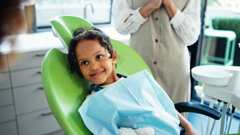

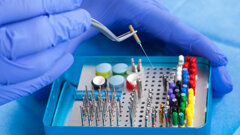
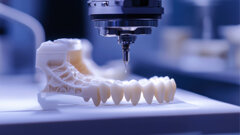
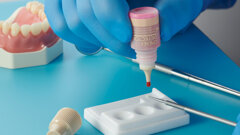
















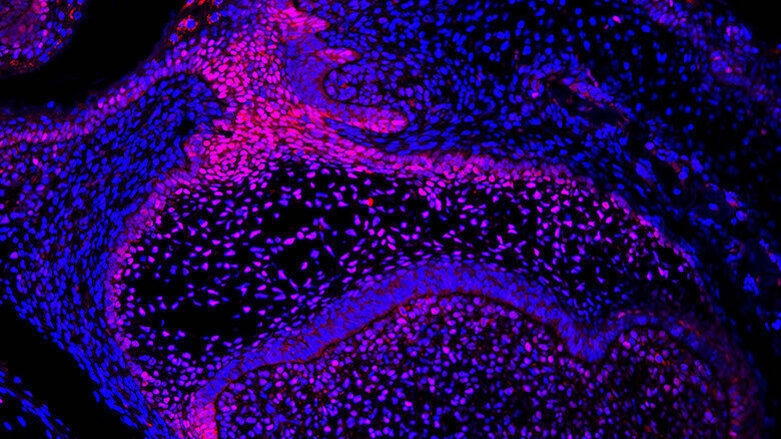




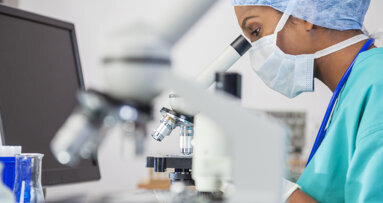
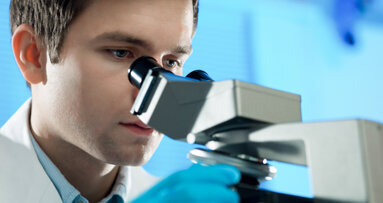
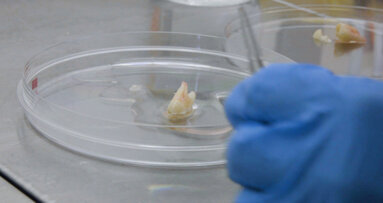

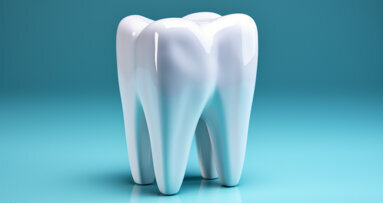
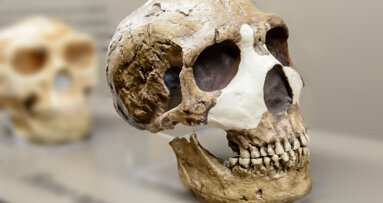


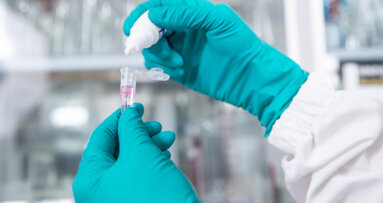










To post a reply please login or register